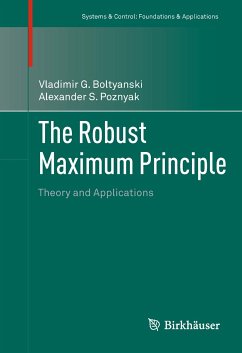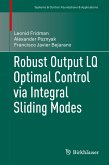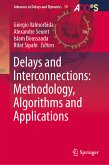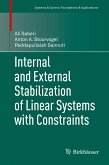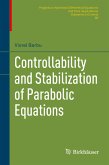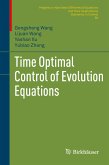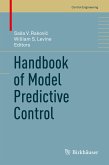The text begins with a standalone section that reviews classical optimal control theory, covering the principal topics of the maximum principle and dynamic programming and considering the important sub-problems of linear quadratic optimal control and time optimization. Moving on to examine the tent method in detail, the book then presents its core material, which is a more robust maximum principle for both deterministic and stochastic systems. The results obtained have applications in production planning, reinsurance-dividend management, multi-model sliding mode control, and multi-model differential games.
Key features and topics include:
* A version of the tent method in Banach spaces
* How to apply the tent method to a generalization of the Kuhn-Tucker Theorem as well as the Lagrange Principle for infinite-dimensional spaces
* A detailed consideration of the min-max linear quadratic (LQ) control problem
* The application of obtained results from dynamic programming derivations to multi-model sliding mode control and multi-model differential games
* Two examples, dealing with production planning and reinsurance-dividend management, that illustrate the use of the robust maximum principle in stochastic systems
Usingpowerful new tools in optimal control theory, The Robust Maximum Principle explores material that will be of great interest to post-graduate students, researchers, and practitioners in applied mathematics and engineering, particularly in the area of systems and control.
Dieser Download kann aus rechtlichen Gründen nur mit Rechnungsadresse in A, B, BG, CY, CZ, D, DK, EW, E, FIN, F, GR, HR, H, IRL, I, LT, L, LR, M, NL, PL, P, R, S, SLO, SK ausgeliefert werden.
Hinweis: Dieser Artikel kann nur an eine deutsche Lieferadresse ausgeliefert werden.
"This book is a useful and positive contribution to the literature of optimal control theory. ... The book covers a rather expansive collection of topics, individual topics are usually well motivated, and most chapters have concluding and, on occasion, historical remarks to provide useful perspective to the reader. ... more suitable as a reference for researchers ... ." (Kevin A. Grasse, Mathematical Reviews, September, 2013)
"This good structured and really clearly written book is worth reading both for readers interested in theory and applications of optimal control. For theory, since robustness embraces dependencies and sensitivities with respect to deterministic or stochastic uncertainties, and for applications, since robustness of a method is responsible for a good use of numerical results. ... The special technique specific for stochastic calculus is fully used in the last section of the book and supports the recommendation that it is a pleasure to read this book." (Alfred Göpfert, Zentralblatt MATH, Vol. 1239, 2012)

